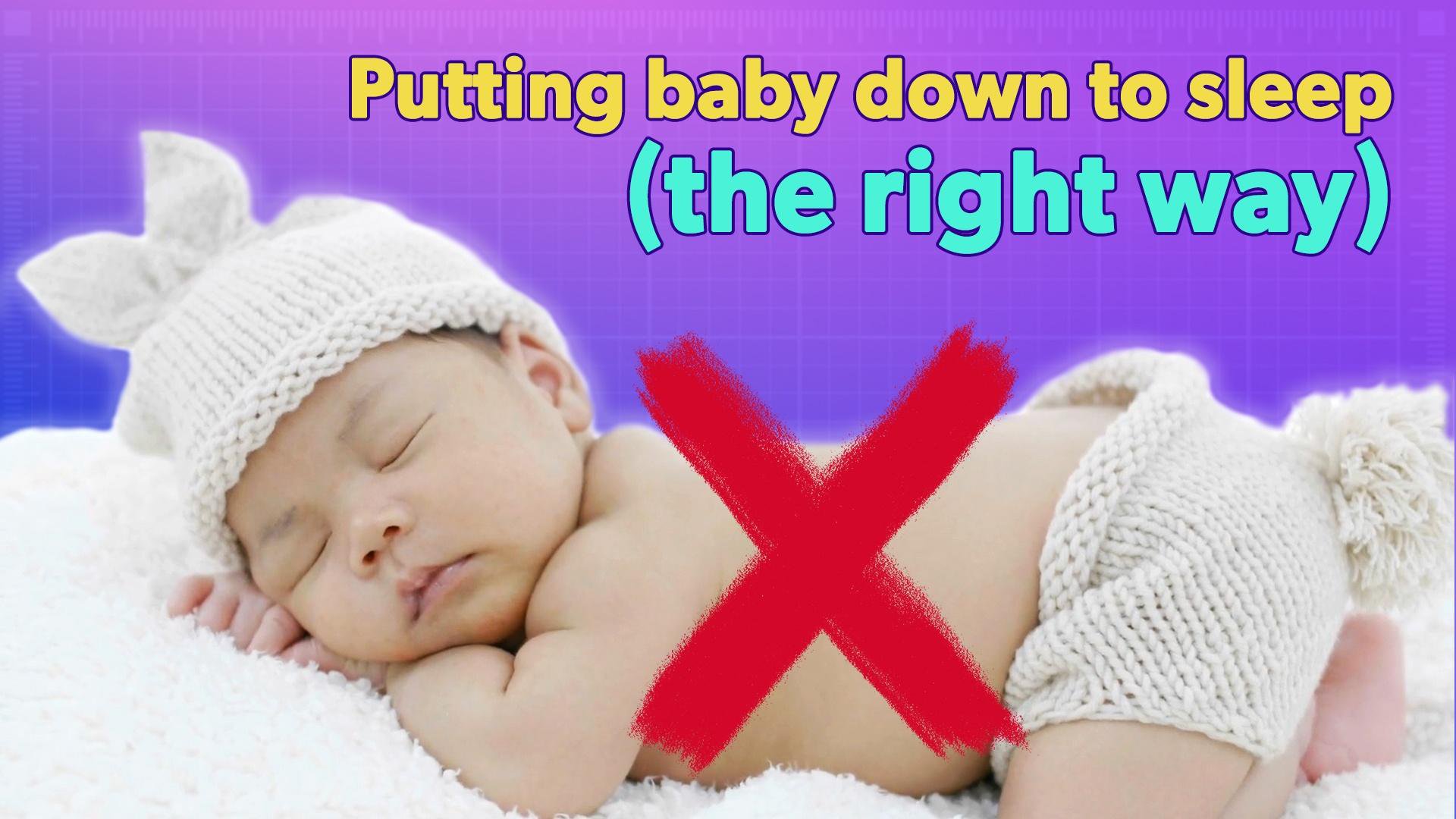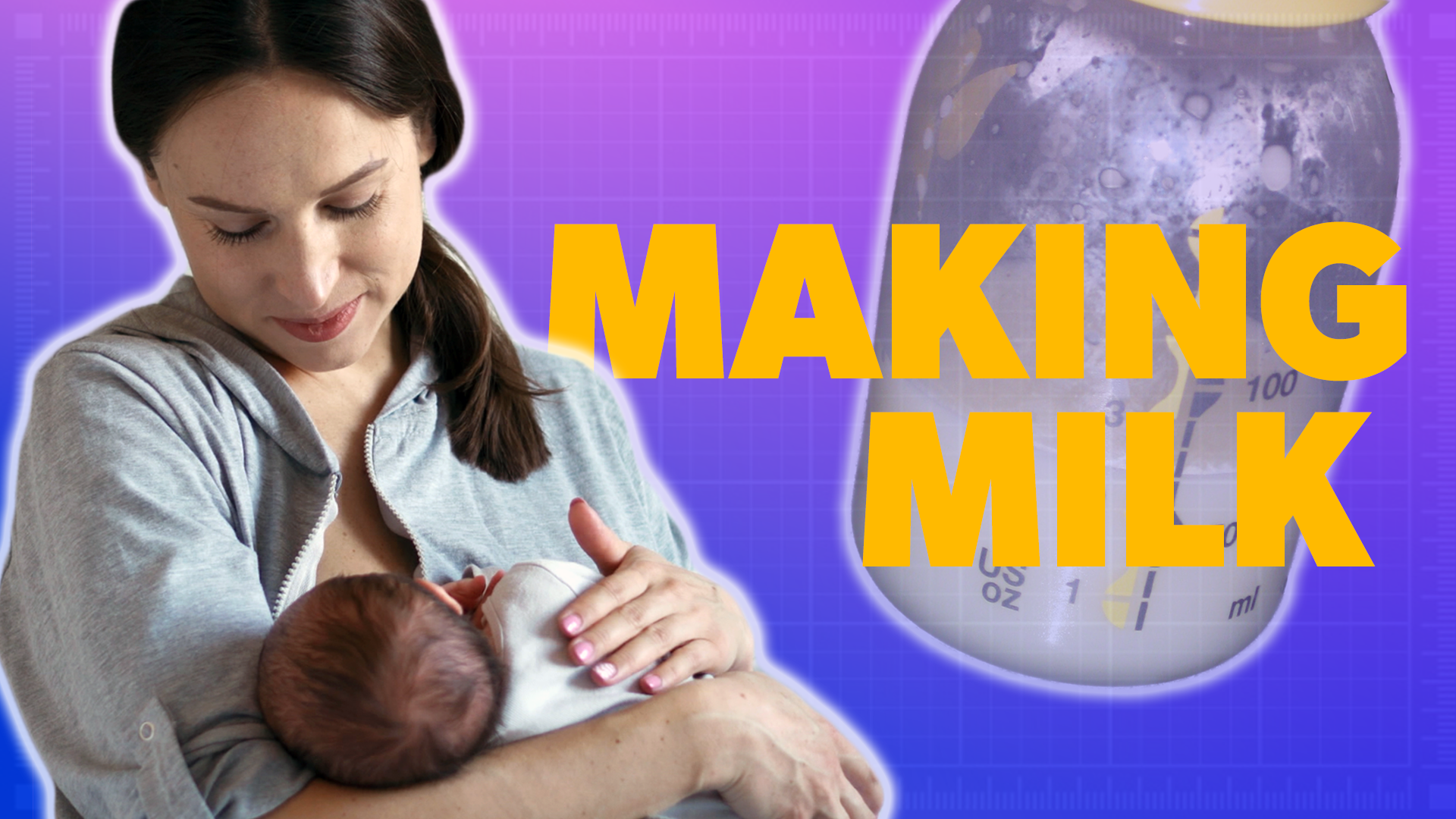What's Up With Your Kid's Poop? We're Here to Answer
Macaroni necklaces and school drawings may be nice offerings, but your child’s poop is a glorious gift that gives you a window into their bodies.
Do you have questions about poop? Hosts Alok Patel and Bethany Van Delft are here to help:
“Should I worry if my baby isn’t going to the bathroom enough?” Knowing your child’s standard frequency of evacuation—whether it be 2-3 times a day or 2-3 times a week—is what’s most important. As long as your child’s poop is well-formed, not causing them any trouble to pass, and free of any worrisome markers (i.e., blood), then you probably don’t need to worry.
“Why can we hold onto poop better than pee?” The locations of where your body stores feces versus urine have different holding capacities. These “different containers” work differently, Alok explains. “If you try not to pee, a little bit might leak out. Your rectum can actually stretch and accommodate the stool, becoming like a poop reservoir.” The body also has an anorectal angle—a kink at the end of the gastrointestinal tract that stops poop from sliding out. When potty training a child, it helps to raise their knees a bit because it straightens out the anorectal angle, making poop easier to pass.
“What are the differences between laxatives?” There are many different types of laxatives, each helping you add more water to stool to make it easier to pass. Osmotic laxatives draw more fluid into stool; bulk-forming agents add fiber to stool; stimulant laxatives make your intestines contract faster, and lubricant laxatives line the wall of your gut so water doesn’t escape. Laxatives may seem like a quick fix, but they can be dangerous for young children. It’s best not to give children laxatives unless recommended by your doctor. And remember: Fruits and vegetables—nature’s laxatives—are excellent and safe alternatives.
“Why does poop smell worse when kids are sick?” Sure, poop almost always smells really bad. But when kids are sick, say with a bacterial infection, they’re more likely to produce gas that smells sulfuric (like rotten eggs). And children with malabsorption may pass gas and stool that includes fat and undigested bits from their food, which may smell worse than average poop. If either of these situations persists, it’s best to talk to your doctor.
Subscribe to the YouTube channel and receive alerts when new episodes launch!

